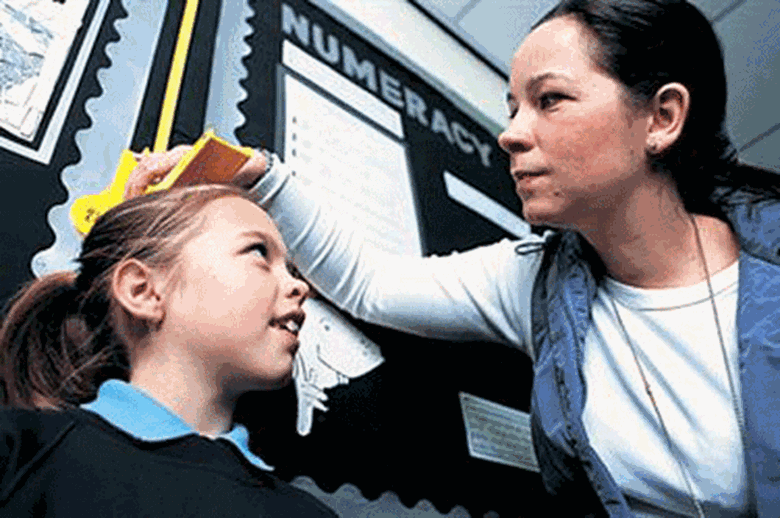Redirect funding to fight obesity, argues union
Lauren Higgs
Thursday, December 13, 2012
Government should redirect funding from its national child measurement programme into frontline school nursing posts to stem rising childhood obesity, the union Unite has claimed.

Their call comes as figures from the programme, which records the height and weight of all children in reception and year 6, reveal that a third of children are now finishing primary school overweight or obese.
The percentage of year 6 children who were found to be overweight or obese increased to 33.9 per cent in 2011/12, up from 33.4 per cent last year. During the same period, the percentage of overweight or obese reception-age children remained static at 22.6 per cent.
Of England’s ten strategic health authority areas, London was found to have the highest proportion of overweight or obese children in year 6, with 37.5 per cent, while the North East had topped the list for reception-age children, at 24.5 per cent.
In the 10 per cent most deprived areas, 12.3 per cent of children in reception and 24.3 per cent of year 6 pupils were categorised as obese, compared to 6.8 per cent and 13.7 per cent respectively in the 10 per cent least deprived areas.
Ros Godson, professional officer at Unite, said government should be doing more to actually prevent childhood obesity, as opposed to simply measuring it.
“It is disappointing that, despite the considerable resources given to the national child measurement programme, it is only recording the problem of childhood obesity, without having any impact upon it,” she said.
“Unite calls for a redirection of this money into frontline school nursing services, so that the problem can be prevented.
“Evidence shows that overweight children are likely to become overweight adults, so it is vital that qualified school nurses are employed across the country in sufficient numbers to co-ordinate all efforts to deal with this public health crisis.”
Godson warned that many local authorities will “inherit a greatly impoverished service”, when responsibility for public health transfers from the NHS to councils in April 2013.
She argued that many authorities would be unable to cope with the demands of resourcing school nursing services, adding that there should be a statutory duty for all secondary schools to have a dedicated qualified school nurse to work with new directors of public health in addressing child obesity.
“Considerable numbers of schools are now independent of local authorities, and links to integrate services have been lost,” she said.
“Unite calls on the government to insist that all secondary schools have a full-time qualified school nurse, who can work with the new directors of public health, to tackle this issue. Inaction is inexcusable, when we have such detailed data.”
Public health minister Anna Soubry argued that the government is taking action to reduce obesity among children, young people and families.
“We are already taking action to encourage families to eat healthily and get active,” she said.
“Through the 'responsibility deal', major supermarkets and retailers are working together to cut calories. But we need to maintain and build on this. Soon we will see more fruit and veg added to ready-meals and supermarket fruit and veg sections will be expanded.
“As part of Change 4 Life we have run a number of initiatives to get children up and active and in the new year we will be launching a new campaign to encourage healthy eating.”




